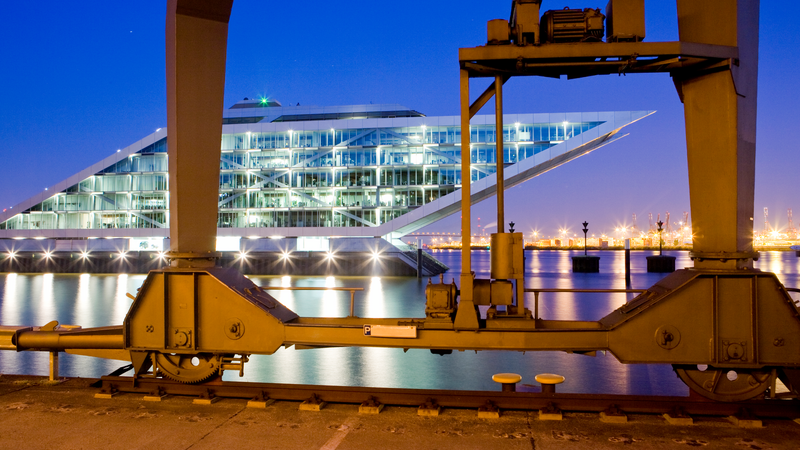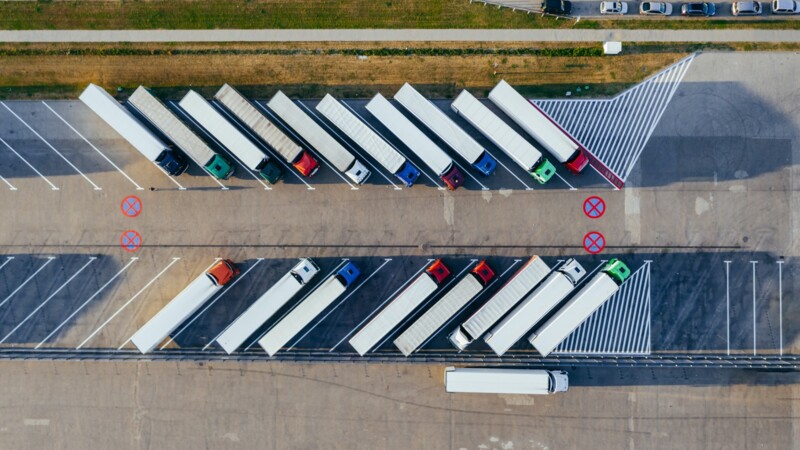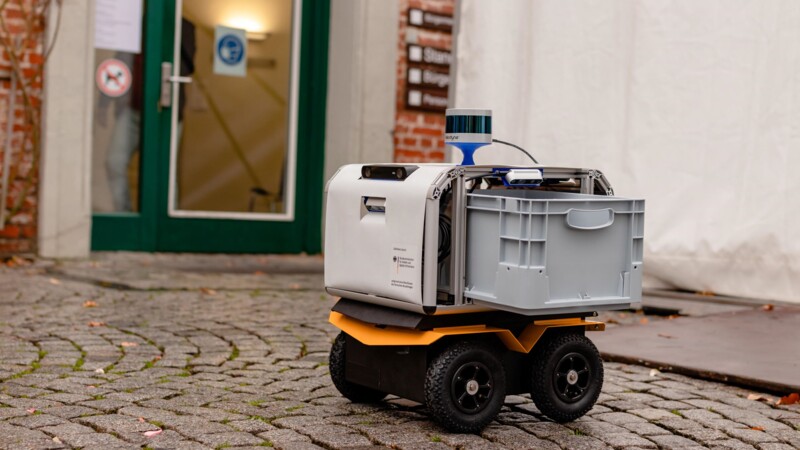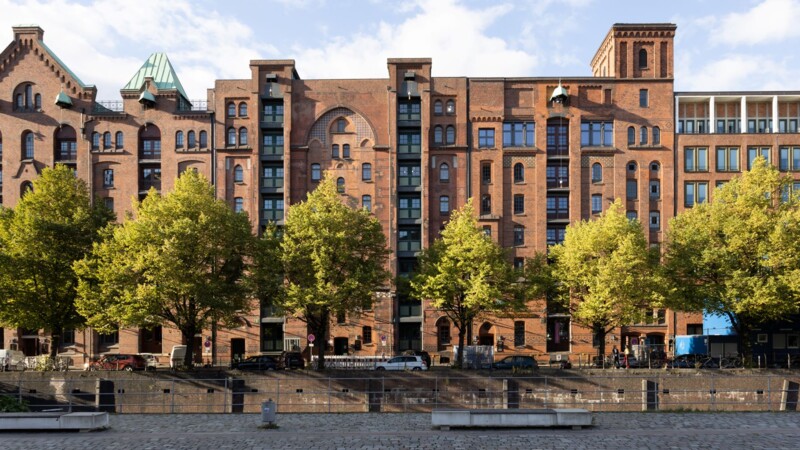"Hamburg is ideal for developing new digital applications in logistics. The use of AI and high-performance computers holds huge potential for even more efficient and sustainable processes," said Dr Peter Tschentscher, Mayor of Hamburg. Dr. Susan Wegner, who is responsible for Artificial Intelligence & Data Analytics at Lufthansa Industry Solutions, remarked: "Companies in all industries can achieve greater efficiency, make more informed decisions and develop entirely new business models with AI." This includes, for instance, predictions about the logistics value chain or automated text recognition and classification in the energy industry.
Around 250 delegates at the "Future Conference on Industry, Logistics and Ports" focused Thursday (November 17, 2022) on innovations in logistics and securing energy supply with artificial intelligence (AI). Diverse companies presented digital innovations at the event in the Digital Hub Logistics Hamburg.
More efficient and sustainable processes through AI
Digital systems for Port of Hamburg
Several digital solutions are already in use in the port. The Hamburg Port Authority's "SANTANA" project, which is being carried out with the IT service provider Dakosy, links up existing logistics and infrastructure networks in the Port of Hamburg. The so-called "network of networks" links up existing platforms intelligently, according to Evelyn Eggers, Head of Business Development at Dakosy. This leads to real-time analyses and automated business processes. HHLA Sky's system controls and monitors autonomous mobile robots and automated drones, which can transport goods and inspect buildings as well as container gantry cranes, according to Matthias Gronstedt, Managing Director of HHLA Sky. Meanwhile, intralogistics specialist Kion is focusing on developing human-centric robotics to deal with the consequences of demographics.
AI to accelerate and stabilise energy procedures
The approval process for large solar plants on roofs or open spaces can be time-consuming. "We want to speed up this process with AI," says Marko Ibsch, Managing Director of Carbon Feed. AI should create interfaces to exchange data and handle procedures in real time. AI could potentially ease the switch to renewable energies, which requires self-sufficient grids and sensibly-controlled electricity loads, according to Prof. Dr. Martin Leucker, Director of the Institute for Software Technology and Programming Languages at the University of Lübeck and partner of the "AI Transfer Hub Schleswig-Holstein".
"These examples show how far digitalisation has progressed in logistics and energy supply. But they also show that this can only be achieved, if the data is right," said Ingo Egloff, former Member of the Executive Board of Hafen Hamburg Marketing and initiator of the conference. A total of 13 organisers were involved in this year's Future Conference on Industry, Logistics and Ports, including the Artifical Intelligence Center Hamburg (ARIC) e. V., Hamburg Port Authority (HPA), Industrie Verband Hamburg (IVH), Hamburg Invest, Chamber of Commerce and Hamburgische Investitions- und Förderbank (IFB Hamburg).
nj/mm/sb/pb
Sources and further information
More
Similar articles

Shaping the economy with artificial intelligence

Hamburg to become testing ground for driverless lorries

